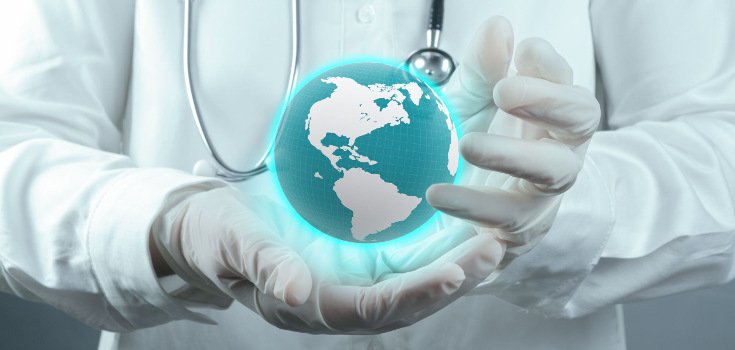Despite Medicine ‘Advancements,’ Global Medicine is Making Us Sick

While medical care and medical technologies have improved over the last several decades, research says that our collective overall ‘good health’ has actually decreased in the last 25 years. We may be living longer, but are we really healthier?
Hui Zheng, assistant professor of sociology at Ohio State, points the finger at an ever-burgeoning medical care system throughout the world as part of our collective sickness in a new study.
Zheng and OSU researchers said:
“Access to more medicine and medical care doesn’t really improve our subjective health. For example, in the United States, the percentage of Americans reporting very good health decreased from 39 percent to 28 percent from 1982 to 2006.”
It seems that what some term the “medical mafia” (the FDA, USDA, AMA, etc) has made us sick first psychologically, then physically. It is clear to many that modern medicine has become a sick-care industry, not a wellness industry. Millions are made off of keeping people ill, not truly healing them. This can be witnessed by simply viewing any big pharma commercial, in which a drug is offered often only to relieve symptoms, while offering a host of other side effects that need to be treated with more drugs.
The researchers from OSU simply proved this all-too-obvious fact in the coming July 2015 issue of the journal Social Science Research by using several large multinational datasets to examine changes in how people rated their health between 1981 and 2007 and compared that to medical expansion in 28 countries that are members of the Organization for Economic Co-operation and Development.
Zheng actual used a detailed analysis of the data to find that if we hadn’t expanded medicine into every corner of the world, we would actually be healthier.
He measured three kinds of medical expansion. One was medical investment, which includes health care spending per capita and total health employment; another being medical professionalization and specialization, which includes the number of practicing physicians and specialists; and lastly the expanded pharmaceutical industry, which includes pharmaceutical sales per capita. (The US is one of the biggest users of all pharmaceuticals in the world.)
Zheng’s research predicted that self-rated health would have increased in these 28 countries. For example, the percentage of Americans reporting very good health could have increased by about 10 percent.
This is what we’ve been saying at Natural Society all along, and Zheng seems to concur:
“It seems counterintuitive, but that’s what the evidence shows. More medicine doesn’t lead to citizens feeling better about their health – it actually hurts.”
It also confirms previous statistics upon which the researchers may have based their study, since they had a hunch that the results would show more medicine wasn’t necessarily better.
The US ranks among the 11 worst wealthy nations for healthcare in terms of “efficient, equity, and outcomes.” It looks like the rest of the world could benefit from more natural health and less medical interference as well.

Stay away from docs and their deadly prescription drugs. 🙁